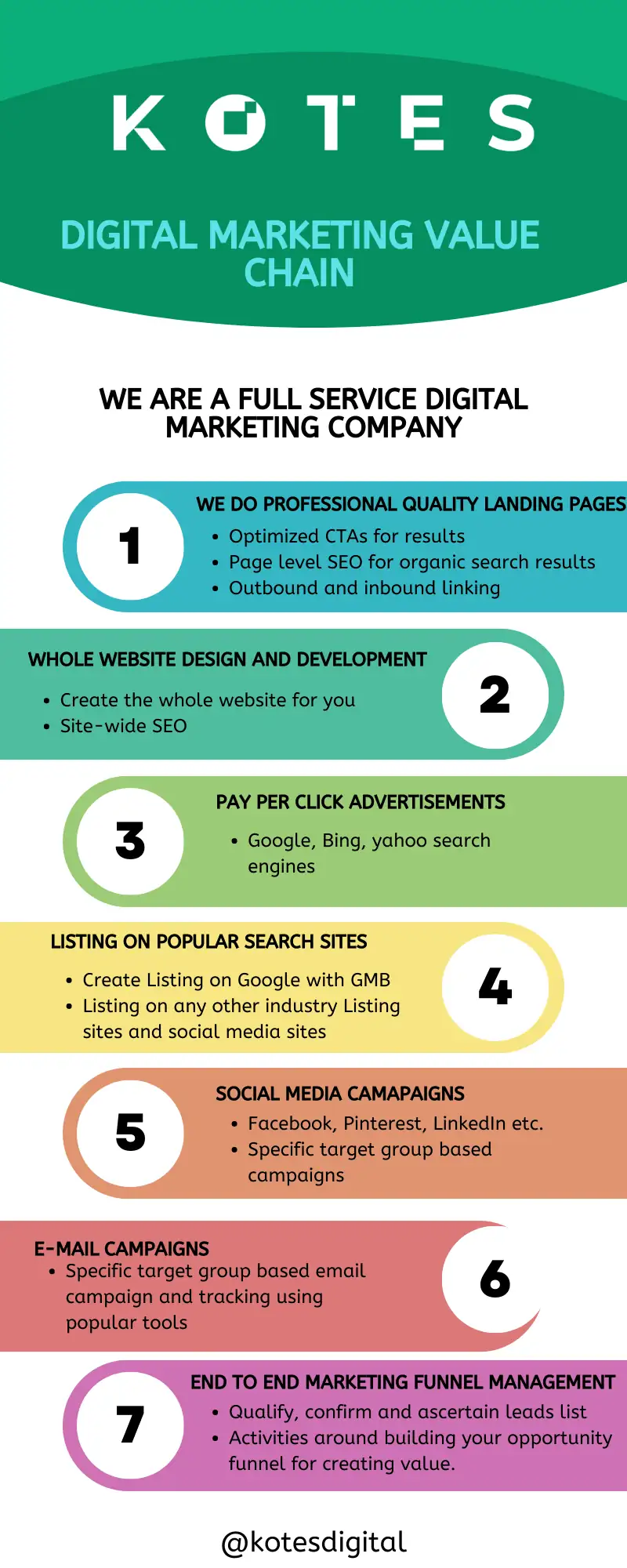Introduction
As a small or medium business in the care and education industry, your website is often the first point of contact for potential clients. It’s where you showcase your services, build trust, and establish your brand. But beyond the aesthetics and content, two legal documents are paramount for your online presence: Terms and Conditions and a Privacy Policy.
Here are five key reasons why a “Schedule a Tour” form is essential:

Terms and Conditions (T&C): Setting the Rules of Engagement
Think of your T&C as the rulebook for your website. It’s a legally binding contract between your business and your users. For care and education businesses, this document is especially vital because it outlines the scope of your services, payment terms, and user responsibilities.
Here’s why T&C is so important for you:
- 🛡️ Legal Protection: It helps protect your business from potential disputes and liability. For instance, you can specify disclaimers about the outcomes of educational programs or the limitations of your care services.
- ⚖️ Clarity on Services: The T&C can define exactly what your services include and what they don’t. For an education provider, this could cover class schedules, curriculum details, and cancellation policies. For a care service, it might outline the scope of care, user behavior expectations, and liability limitations.
- 🚫 Intellectual Property Protection: It prevents others from using your content, images, and other proprietary information without your permission.
- 🗣️ Dispute Resolution: It can outline the process for resolving disagreements, potentially saving you from costly legal battles.
Privacy Policy: Building Trust and Ensuring Compliance
A Privacy Policy is not just a suggestion; for most businesses, it’s a legal requirement. It explains how your website collects, uses, and protects the personal information of your visitors and clients. Since your business deals with sensitive information (like student data, health records, or personal contact details), this document is non-negotiable.

Key reasons why a Privacy Policy is critical:
- 🔒 Fulfilling Legal Obligations: Laws like the General Data Protection Regulation (GDPR) in Europe and the California Consumer Privacy Act (CCPA) in the U.S. mandate that businesses be transparent about their data practices. Even if you’re a small local business, your website can be accessed globally, making compliance a necessity.
- 🤝 Building Customer Trust: A well-drafted privacy policy shows your commitment to protecting your clients’ data. In the care and education sectors, trust is paramount. Clear communication about how you handle personal information can significantly boost your credibility and reassure parents and clients.
- 💡 Transparency: It tells users what data you collect (e.g., names, emails, payment info), why you collect it, how you use it, and with whom you share it (e.g., third-party payment processors).
Guidelines for Preparing Your Documents
You don’t need to be a legal expert to get these documents right, but you should not just copy and paste from another site. Here are some key guidelines:

Guidelines for Preparing Your Documents
You don’t need to be a legal expert to get these documents right, but you should not just copy and paste from another site. Here are some key guidelines:
- Be Specific to Your Business: Your documents should reflect the unique nature of your business. For a tutoring service, the T&C should address class sign-ups and payment. For a home care agency, it should cover service agreements and liability.
- Use Clear, Simple Language: Avoid legalese. The documents should be easy for the average user to read and understand.
- Consult a Professional (If Possible): While there are online generators for these documents, having a legal professional review them is the safest bet, especially as your business grows.
- Include Key Clauses: For the Privacy Policy, include sections on:
- What data you collect.
- How and why you collect it.
- How you store and protect the data.
- If and with whom you share the data.
- How users can access, correct, or delete their information.
- For the T&C, include sections on:
- Intellectual property rights.
- Limitations of liability.
- Service-specific terms (e.g., cancellation policies, payment terms).
- User obligations and prohibited uses of the site.
Where Should You Place These Documents?
The placement of your T&C and Privacy Policy is crucial for both legal compliance and user experience. They need to be easily accessible from anywhere on your website.
- Recommended Placement: The footer is the industry standard and most effective location. This ensures that the links are visible on every page of your website without cluttering the main navigation menu. It’s where users naturally expect to find legal and contact information.
- Additional Placement: You should also include links to these documents at key points of user interaction, such as:
- Sign-up Forms: When a user registers for an account or a newsletter.
- Checkout Pages: Before a user completes a purchase or payment.
- Contact Forms: When a user submits a query or personal information.
By placing these links at these critical junctures, you ensure that users have notice of your terms before they provide their information or engage with your services. This practice is essential for obtaining informed consent and strengthening your legal position.
Follow Us
We are a full-service digital marketing company. Follow us on:




